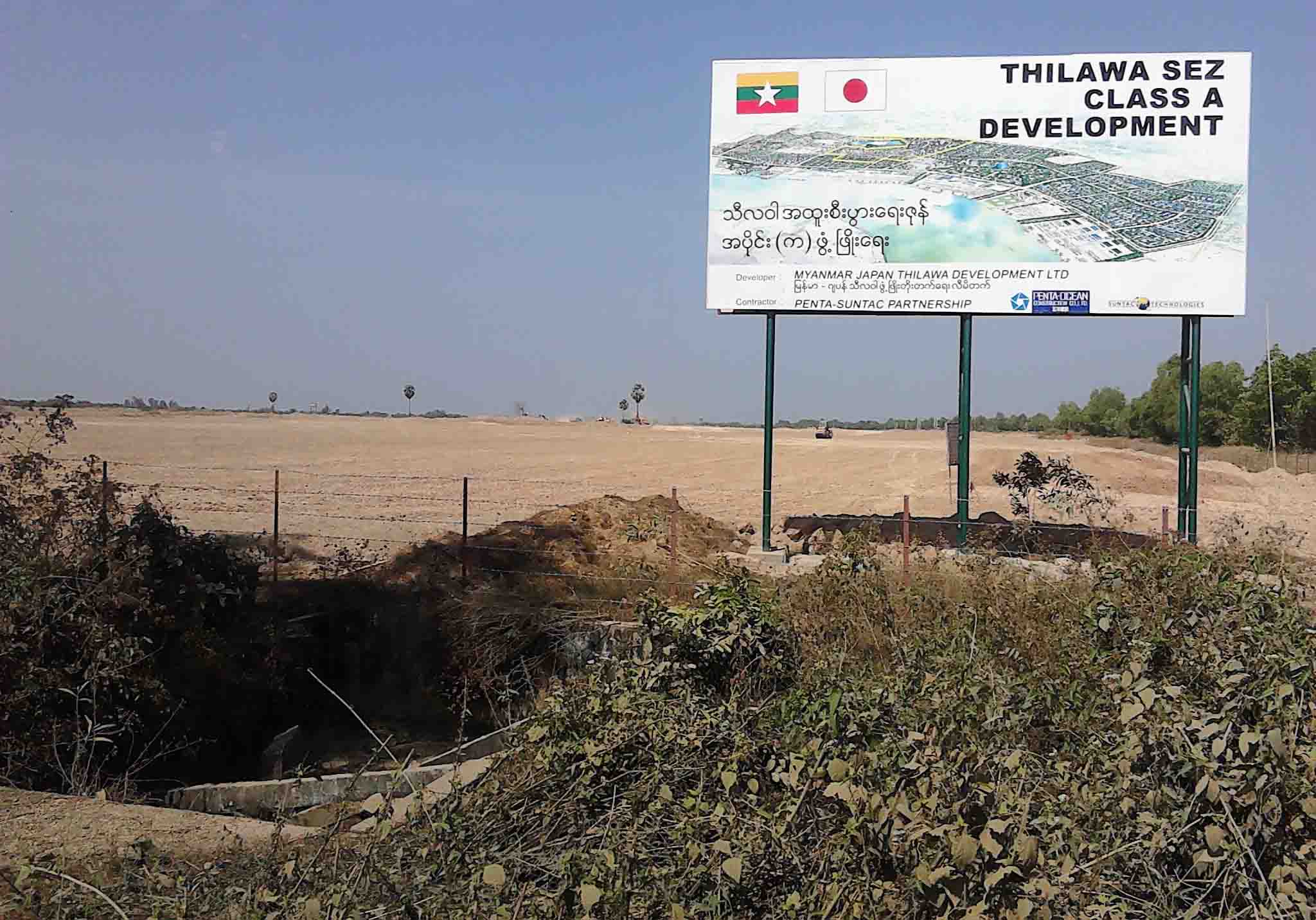An opinion piece by Daniel Aguirre, ICJ International Legal Adviser in Myanmar.
This month the newly elected Myanmar government released its economic policy and announced that it will seek to attract even more foreign investment than under previous administrations.
But the new policy did not outline how it will ensure that foreign investment will contribute to the protection of human rights and sustainable development.
Myanmar’s previous military government was committed to investment protection treaties.
Will the new government follow suit? These treaties between States enable foreign investors to challenge new laws and policies by the host government – potentially including those protecting human rights and the environment – through international arbitration if they believe these may adversely affect their profits.
Foreign governments want their investors to benefit from the opening up of Myanmar’s economy.
Myanmar has already entered into investment protection treaties with Japan, South Korea, the Philippines, China, Laos, Vietnam, Thailand, Israel and India and is party to the ASEAN Comprehensive Investment Agreement. Myanmar is negotiating a new treaty with the European Union and exploring options with Singapore, among others.
These investment treaties grant investors equal standing with Myanmar’s government in disputes over national laws and policy in international arbitration.
Their broad provisions fail to reconcile investment protection with the host State’s right and duty to regulate for the benefit of human rights and sustainable development.
Myanmar must ensure that provisions on the treatment of foreign investors limit their rights to challenge legitimate, non-discriminatory, public purpose legislation.
Seeking to attract investment by giving foreign businesses more economic security should not compromise government’s ability to regulate in favour of the rights of its people.
Protection of investments must not be given priority over protection of human rights and the environment.
The UN Guiding Principles on Business and Human Rights urge governments to maintain adequate domestic policy space to meet their human rights obligations when pursuing investment treaties.
Before agreeing to further investment treaties, Myanmar should commit to adopting and enforcing new laws in line with international human rights and environmental standards.
It should evaluate whether these investment treaties are necessary to attract foreign investment to Myanmar.
It should follow the regional trend and revisit old treaties that empower foreign investors at the expense of local rights holders.
The National League for Democracy-led government came to power promising change, to establish the rule of law and to protect human rights.
In order to do so, the government will need to create new laws and policies in line with international laws and standards in the public’s interest.
For example, Myanmar has recently signed the International Covenant on Economic Social and Cultural Rights, signalling its willingness to put in place policies to progressively achieve universal healthcare, education and social security. These rights are also protected in Myanmar’s constitution.
But new policies designed to fulfil these rights may give rise to disputes under investment treaties.
For instance, it is possible that foreign investors will claim that a new policy on public health (for instance by requiring plain packaging for cigarettes) or minority rights (calling for affirmative action for minorities) or strict environmental protection standards (improved environmental impact assessment regulations) would harm their expected profits or other rights that are broadly defined in the investment protection agreement.
These are not outlandish examples. There are a number of cases where new laws and regulations passed by democratically elected governments have been challenged by foreign investors before arbitral tribunals.
In Canada, a foreign investor successfully challenged an environmental impact assessment board’s decision to deny it a permit and asked for more than US$100 million in damages.
Affirmative action policies in South Africa and environmental protection standards in Germany have been challenged.
Just the threat of arbitration can lead to a “regulatory chill”, forcing back public interest legislation and preventing environmental protection measures.
These are costly disputes – some arbitral awards run into the billions of dollars against host governments.
Recent challenges by tobacco giant Phillip Morris against Australian and Uruguay plain packaging cigarette laws, designed to protect public health, were unsuccessful but cost millions in lawyer’s fees.
Australia reportedly paid $50 million to defend its law. Myanmar cannot defend repeated challenges by deep-pocketed investors.
In Myanmar, this money could be better spent improving the dire state of health and education.
Around the world, people are demanding that negotiation and adoption of investment treaties be transparent; increasingly, people are opposing treaties that grossly favour the interests of investors over the interests of the public.
Investment treaties are often negotiated behind closed doors with little public or parliamentary oversight.
These are important decisions that impact on the rights of people in Myanmar.
Myanmar’s civil society has not yet had the opportunity to participate in genuine and informed consultation.
Many states have turned against international dispute resolution in investment treaties.
South Africa, Bolivia, Ecuador, Venezuela, and Indonesia have started to cancel or phase out existing treaties.
Others, including India, are reviewing current treaties and rethinking future negotiations.
Brazil, Russia, India and China are considering an alternative system that considers issues relevant to emerging economies.
The Indian government intends to replace existing investment treaties with new ones designed to balance investor’s interests, regulatory space and investor responsibilities.
It seeks to limit protections for foreign investors, drop controversial aspects of treaties and narrow the scope of others to reduce disputes.
While it allows access to international dispute settlement, foreign investors will have to pass through the domestic courts first.
The new investment treaties will also include an exhaustive list of economic, environmental and social measures to be exempt from challenge by foreign investors.
Myanmar would do well to follow this approach. Improving its human rights situation and maintaining sustainable development require sweeping legal reform.
The threat of costly legal challenges by foreign investors could dissuade policy makers from making necessary changes, discouraging them from fulfilling human rights and environmental obligations in order to promote investment.

